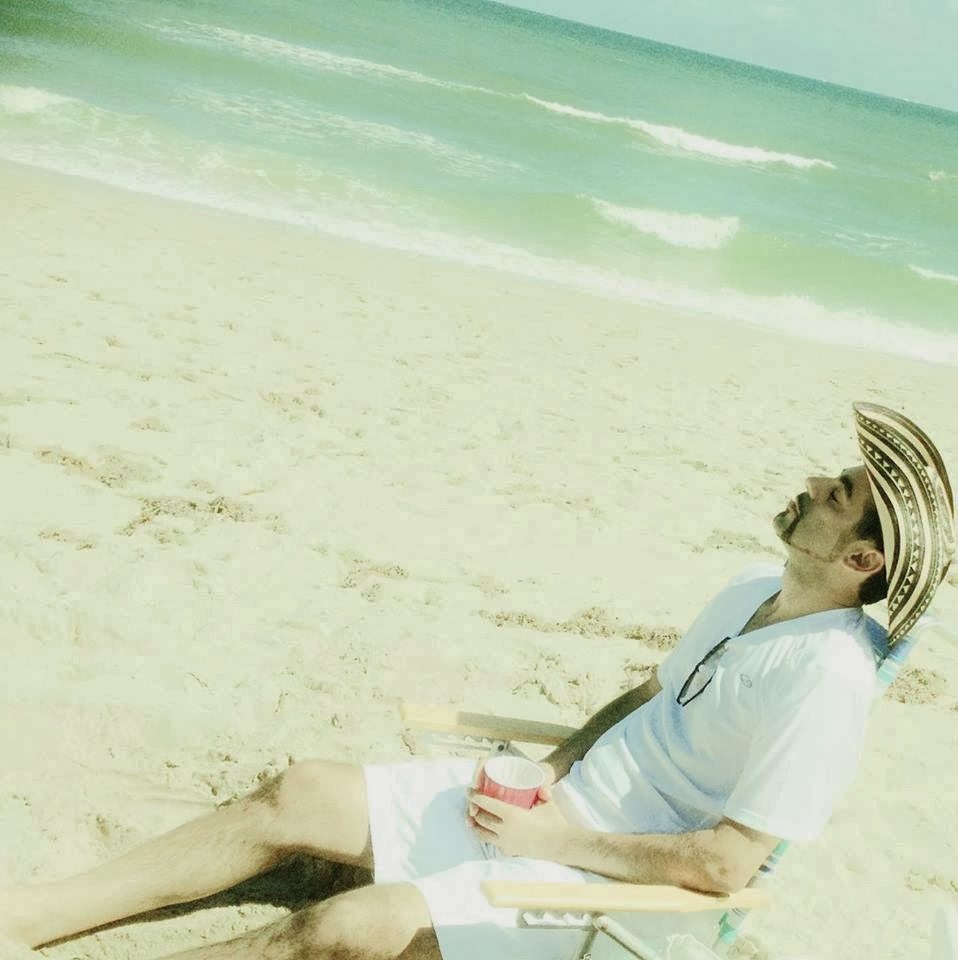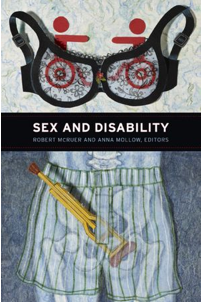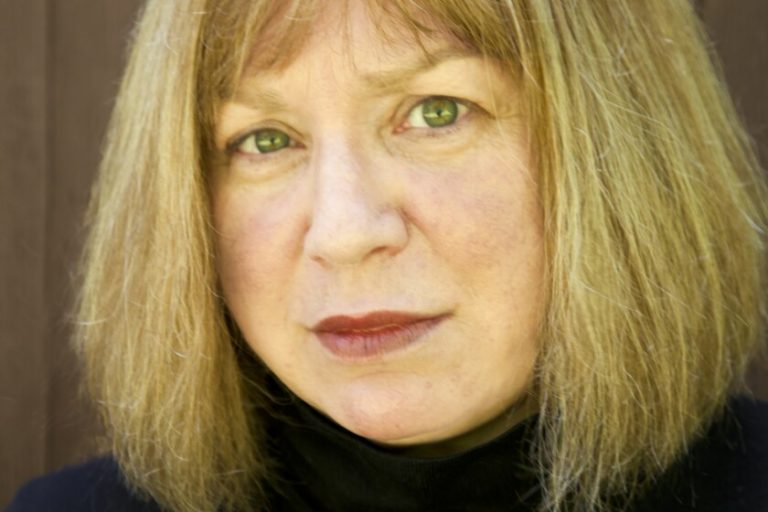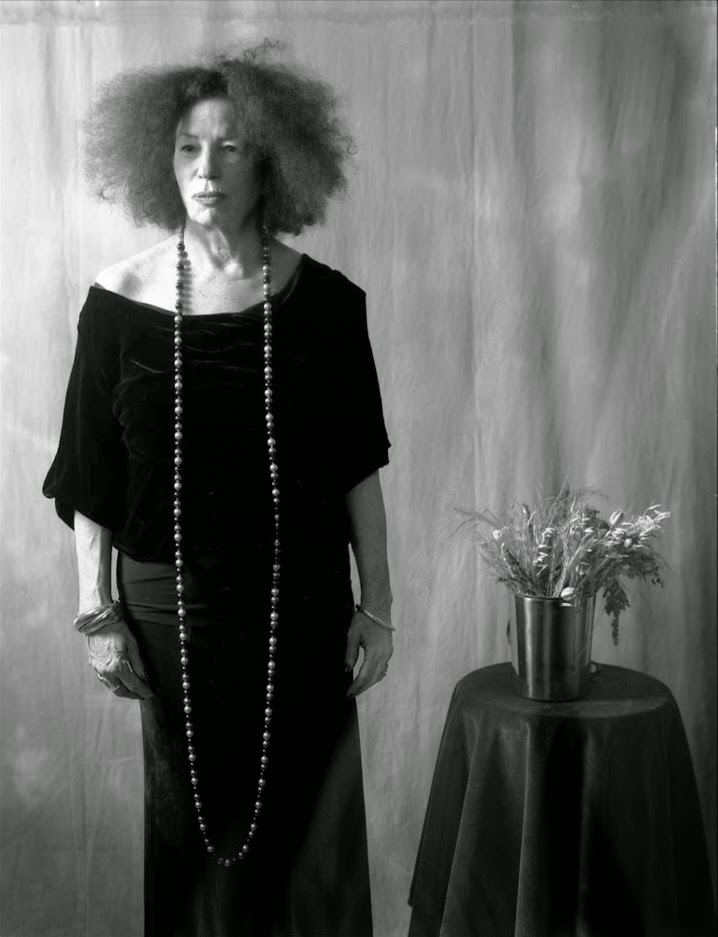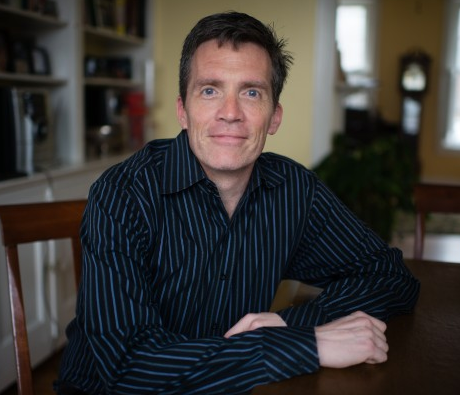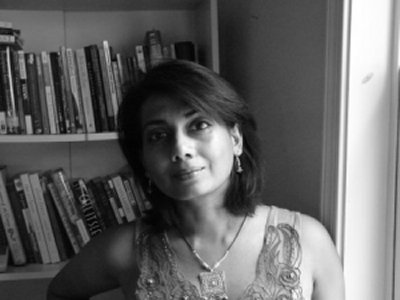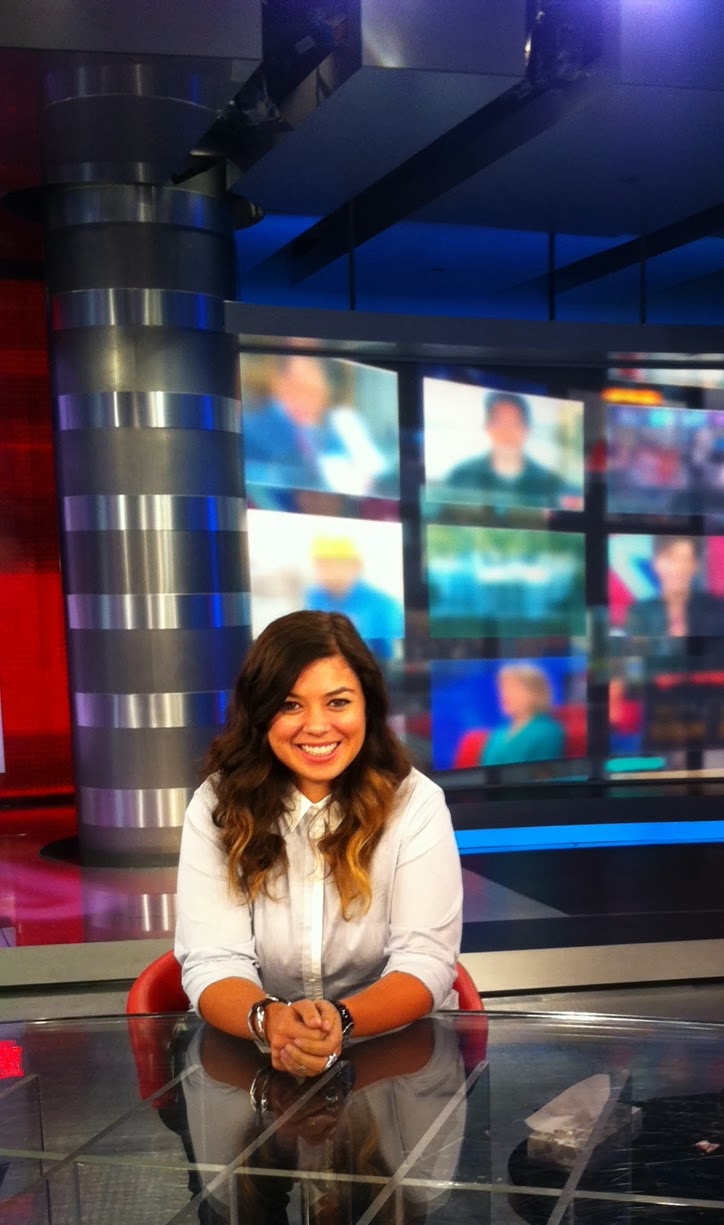GW English Alums on the Move: The Poetry of Yahia Lababidi
| GW English Alum Yahia Lababidi (BA ’96) |
Yahia Lababidi, an English major who graduated from GW in 1996, writes poetry and prose, some of it about his homeland, Egypt. In a recent National Public Radio interview, Lababidi, who has lived in the United States for almost a decade, talked about his most recent collection, Barely There. He read a poem about the political upheaval in Egypt and noted that “We have the military now, which looks very much to me like what we revolted against – police brutality and oppression. That was the whole point of our revolution. I think reminders are what these poems can do.”
But while Lababidi’s poetry sometimes turns to politics, his main political writing is in prose (some of it can be read here). His poetry is more often aphoristic, philosophical, influenced by metaphysical writers like “Eliot, Rilke, Rumi. Poets who are also thinkers and concerned with the life of the spirit. Lately, I derive much sustenance from Persian mystical poets, Sufis, but spiritual tourist that I am, the Tao Te Ching means the world to me, too, and I continue to return to it for Inspiration… As an artist, I’m wary of tackling politics directly, and commenting on every twist and turn in the news.” (Readings of poems that have influenced Lababidi, as well as readings of some of his own poems, can be found here.)
Looking back on his time in our department, Yahia recalls “[Robert] Ganz, a free-spirit and independent thinker, whose classes I recall almost as a form of performance art in service to the life of the mind. I’m [also] indebted to the more demure Prof. Carter, for introducing me to that Great Event of my youth, aka Nietzsche.” Asked if he has any advice for current English majors, Yahia writes:
Read, deeply and widely. That’s to say, feed your imagination a varied diet:
philosophy, mysticism, psychology, foreign traditions, ancient cultures,
science, the natural world, myths, pop culture, art in all its manifestations.
And as you read, try at every turn to test your responsiveness to the world,
as well as the elasticity of the language. There is no need to decide early on
what type of writer you are. Push against the parameters of your creativity,
and try your hand at as many genres, and genre-bending, as you can.
Meantime, of course, continue to live, attentively, so that you are one
of those people upon whom little is wasted.
Finally, if you’re serious about the literary life, be prepared to sacrifice
and bleed. If you have time to breathe and eat, you have time to write.
Write as if your life depended upon it because, in a sense, it does. Past
word games, readers expect writers to lay their hearts bare, to say what
most other people cannot or will not say. So, you need to practice
the courage of vulnerability, or being emotionally and spiritual naked,
in public. Nothing less is expected of you.

